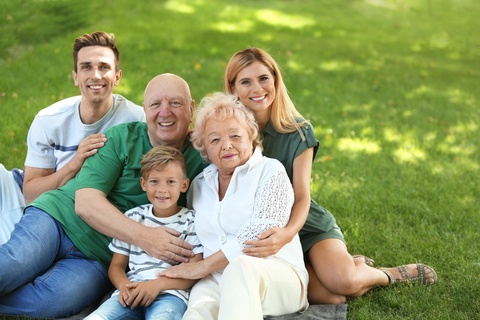Caregiver Burden with Mesothelioma: Social Support and Family Resilience

A new study found that older or spousal caregivers of patients with lung cancer are more likely to suffer from caregiver burden.
This discovery was made by researchers in China. Their goal was to find factors related to caregiver burden in lung cancer families. They also wanted to find out if family resilience can improve caregiver burden.
Taking Care of a Loved One
Malignant mesothelioma is a highly lethal type of membrane cancer. Most mesothelioma patients lived or worked around asbestos. When mesothelioma occurs in the lungs, it is called malignant pleural mesothelioma.
There are approximately 2,000 cases of mesothelioma in the United States every year. People with mesothelioma might start to feel shortness of breath, chest pain, and weight loss.
There are limited treatment options for mesothelioma and they can be difficult. Patients often undergo many types of therapies like chemotherapy, radiation, and surgery.
The person who takes care of a patient with mesothelioma may experience caregiver burden. This is when the stress of caring for a sick person affects their physical and mental health.
Other studies have shown that having a strong support network can improve caregiver burden. A strong social support network can increase the likelihood of experiencing family resilience. Family resilience is how well a family can recover from a difficult situation.
Burden, Social Support, and Family Resilience
In this study, the researchers looked at 213 caregivers to patients with lung cancer. They used surveys to ask these caregivers about their experiences. The survey answers revealed information about caregiver burden, social support, and family resilience.
Caregivers with higher levels of social support also felt lower caregiver burden. Strong family resilience influenced this relationship.
Older caregivers experienced more caregiver burden than younger caregivers. This may be because older caregivers have more physical problems and fewer social opportunities.
Caregivers who were the spouse of the lung cancer patient also experienced higher levels of caregiver burden. They tend to carry a greater workload than non-spouse caregivers. They also feel more emotional distress than other types of caregivers.
Doctors can help the caregivers of lung cancer patients by sharing resources for social support and self-care. Older caregivers can get more help with diet and exercise options. Spousal caregivers would benefit from emotional therapies and communication strategies.
Source
Zhang Y, Ding Y, Liu C, et al. Relationships Among Perceived Social Support, Family Resilience, and Caregiver Burden in Lung Cancer Families: A Mediating Model [published online ahead of print, 2022 Nov 12]. Semin Oncol Nurs. 2022;151356. doi:10.1016/j.soncn.2022.151356





